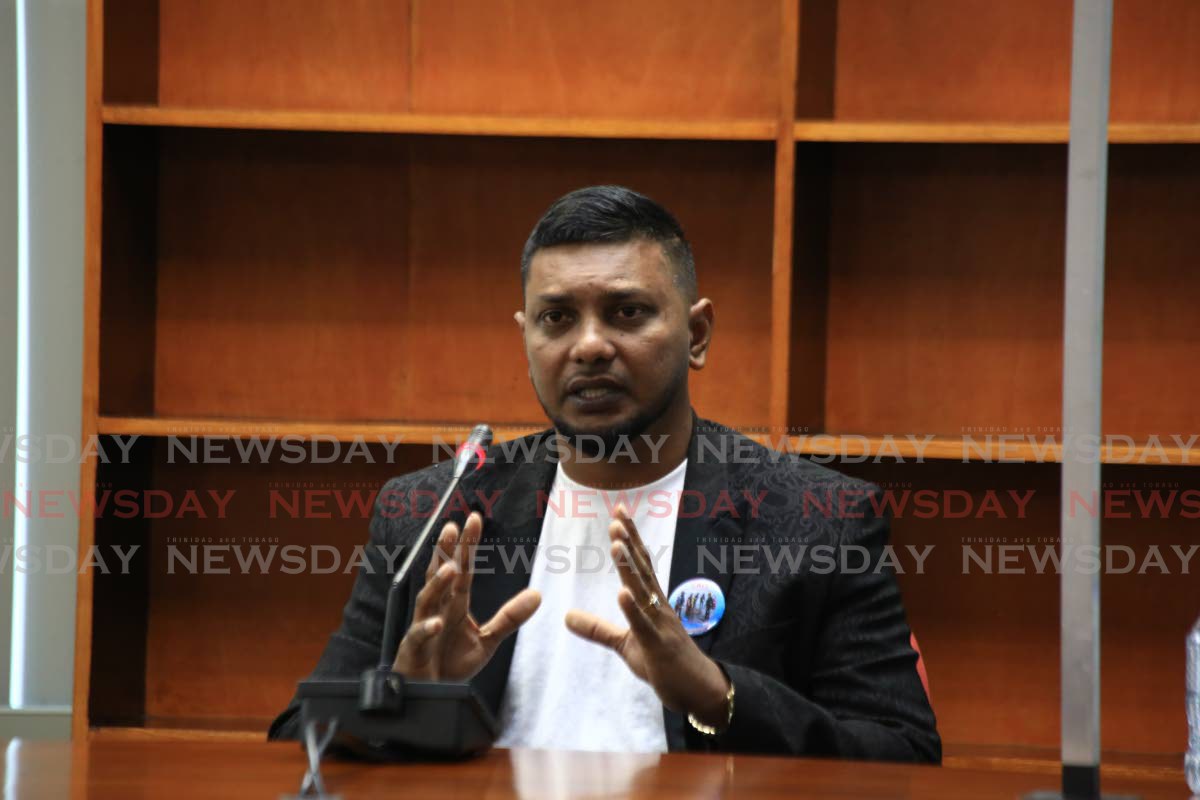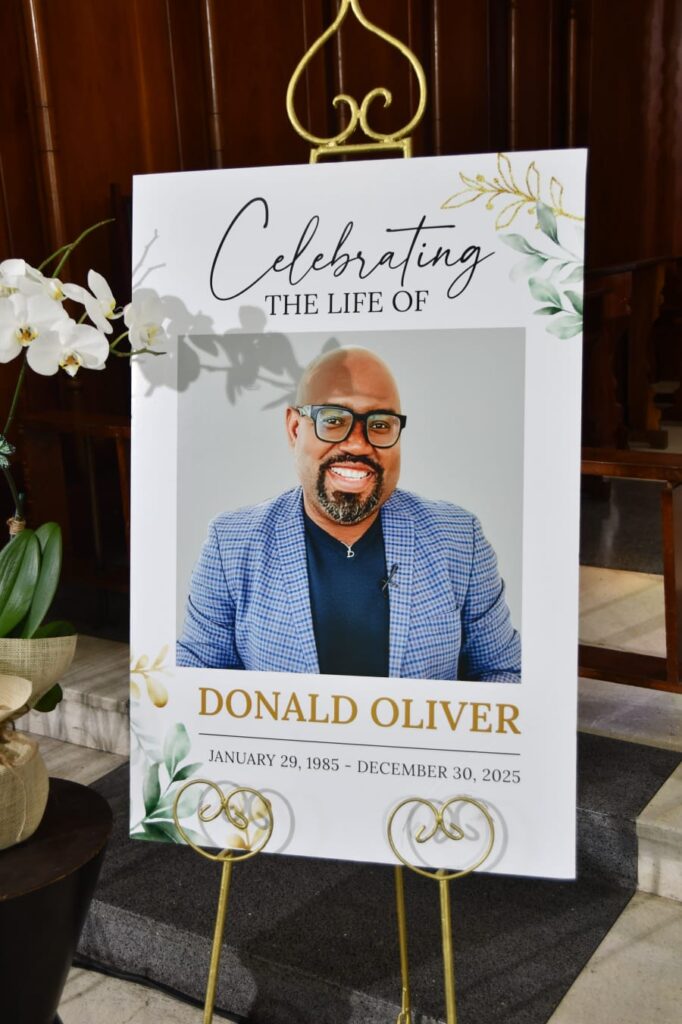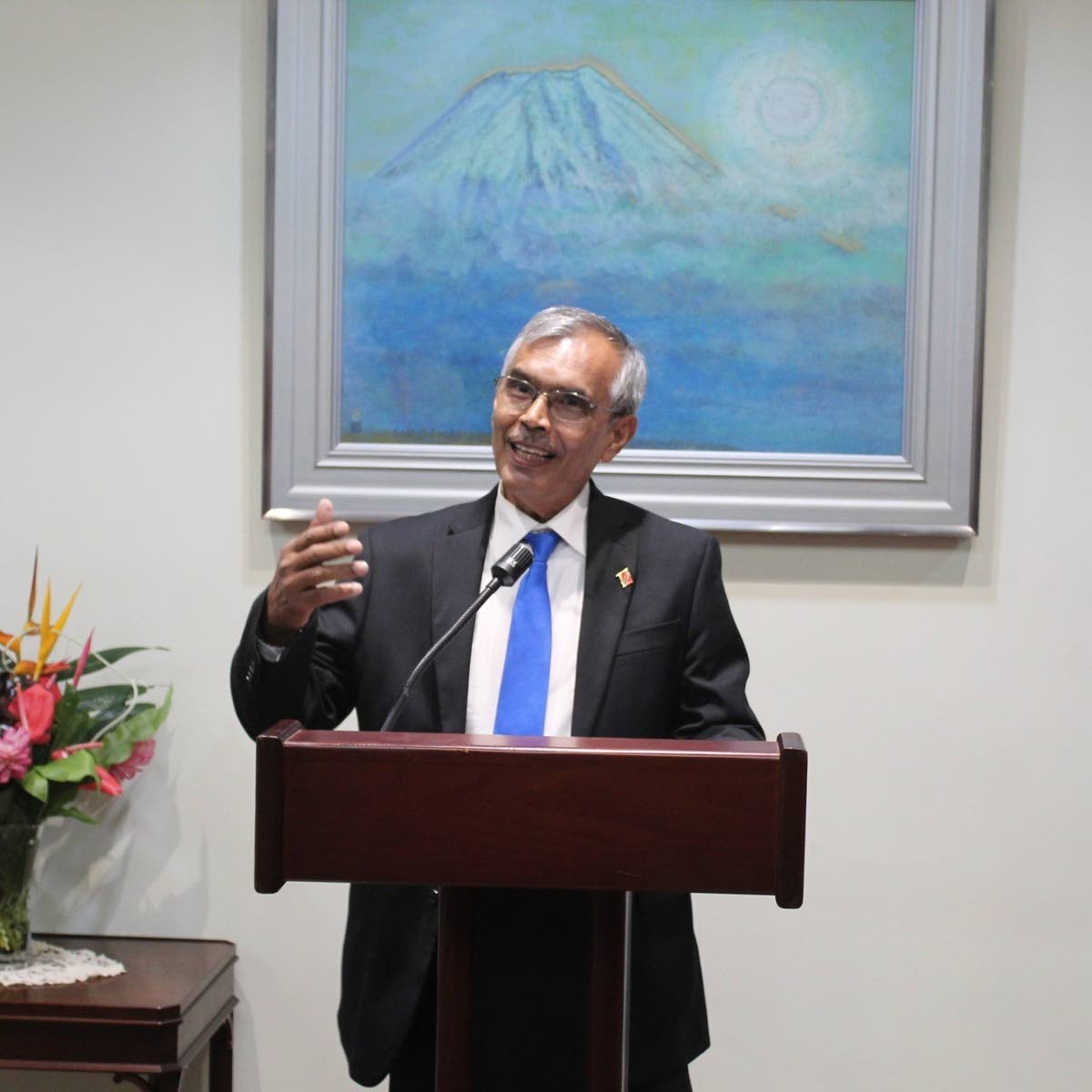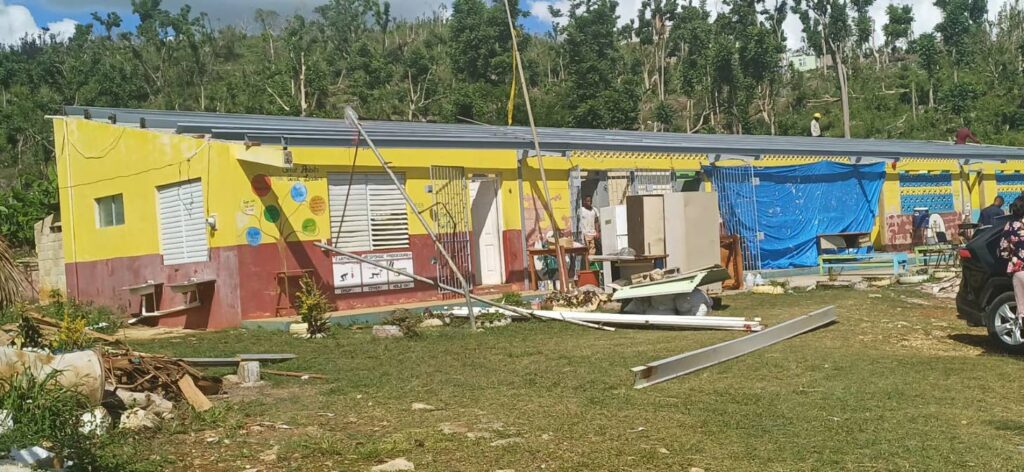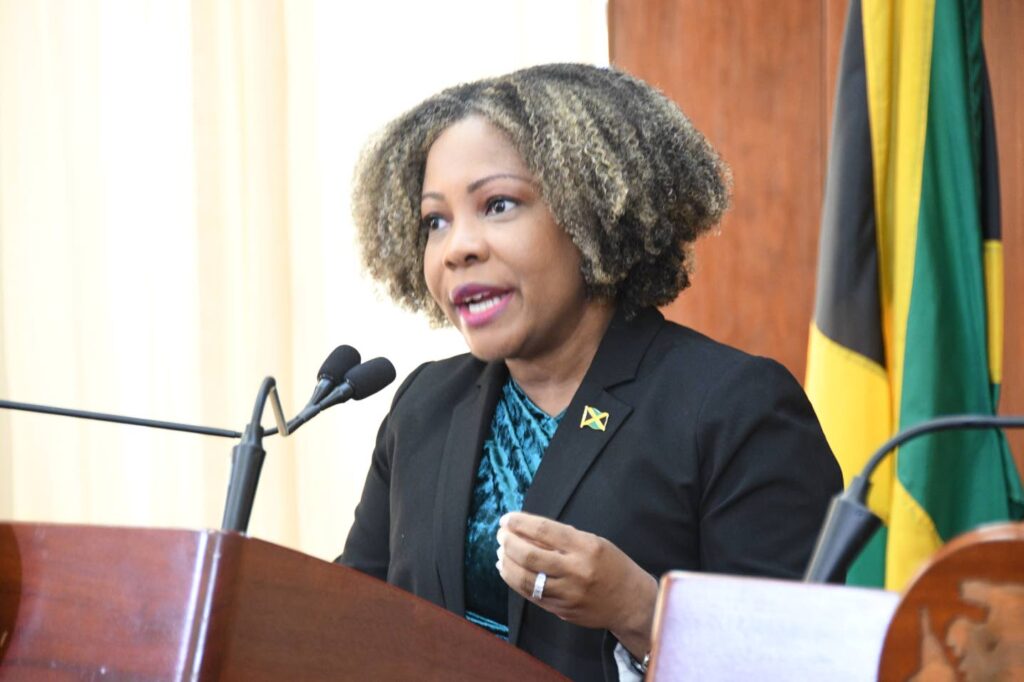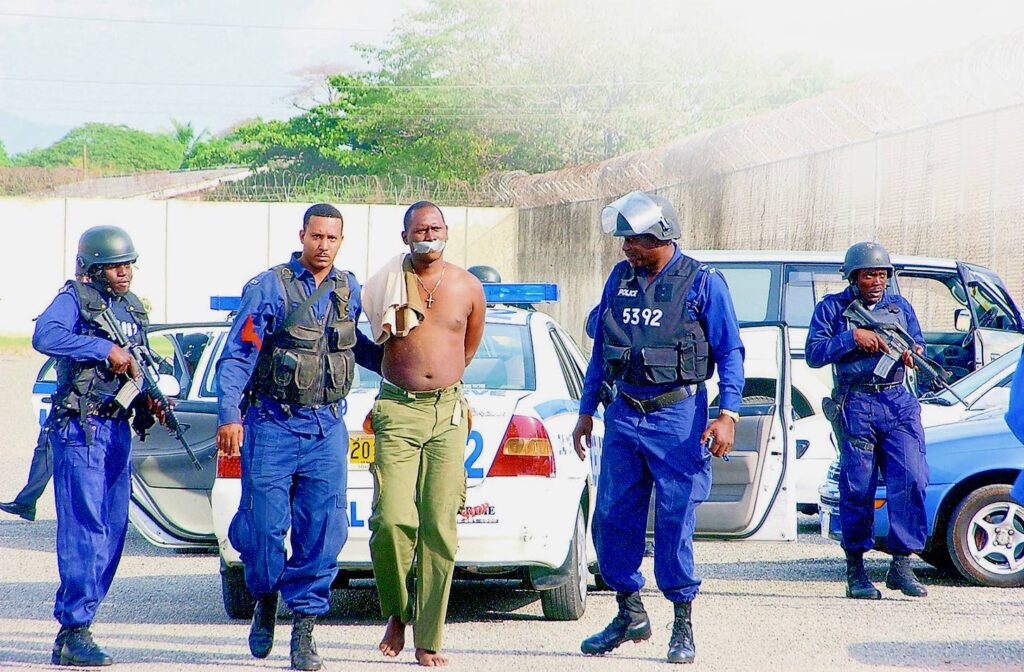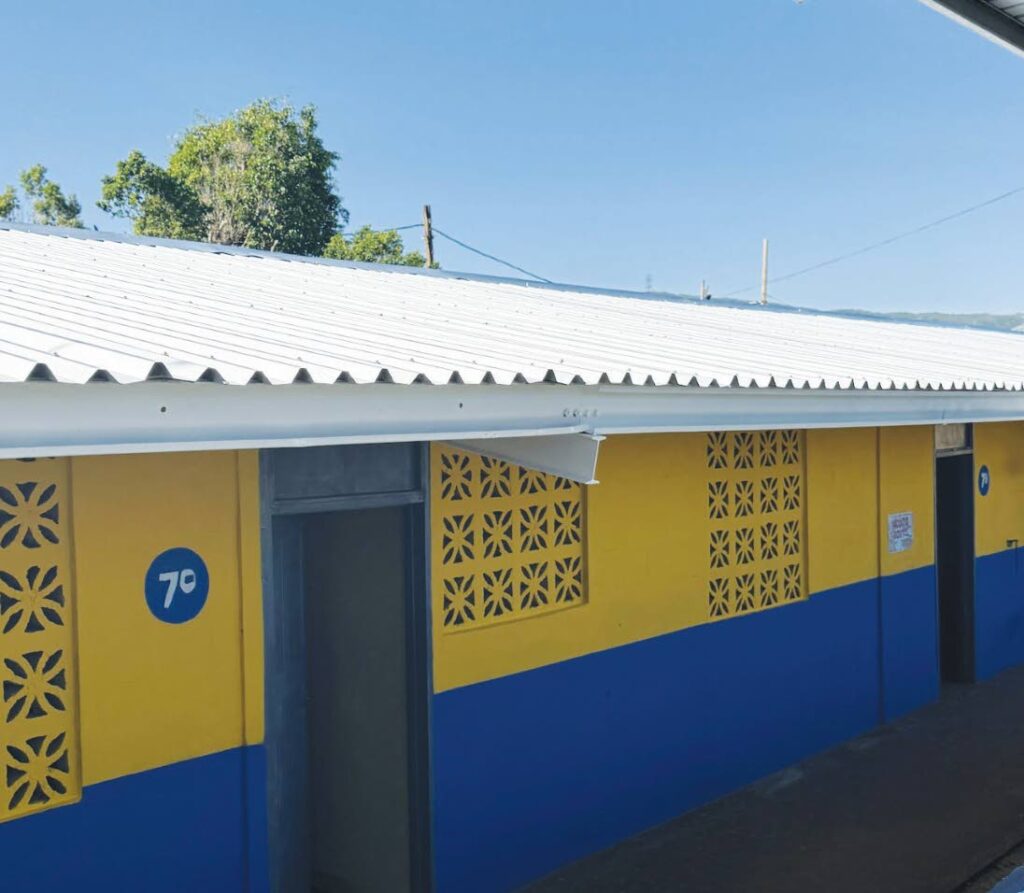Christopher Boodram, the lone survivor of the devastating 2022 Paria diving incident, has characterized the Trinidad and Tobago government’s $1 million ex gratia payment as a “breath of fresh air” during a January 23 appearance on the state-operated TTT’s TT Today program.
Boodram revealed his continued inability to resume work since the February 25, 2022 tragedy that claimed the lives of four fellow divers—Faizal Kurban, Yusuff Henry, Rishi Nagessar, and Kazim Ali Jr. The maintenance operation on a 30-inch subsea pipeline at Berth 6 in Pointe-a-Pierre turned catastrophic when a sudden differential pressure event (Delta P) violently pulled the crew into the conduit.
“My capacity to practice my professional skills remains compromised,” Boodram explained. “This created severe financial strain as all responsibilities—bills, loans, and household expenses—fell solely upon my wife. This compensation represents crucial relief.”
The survivor disclosed deepened bonds with the families of his deceased colleagues, noting the payments would substantially aid their financial stability after losing primary earners. He expressed particular gratitude to Prime Minister Kamla Persad-Bissessar and her cabinet for approving the disbursement.
Boodram offered sharp criticism toward the previous administration, accusing them of treating affected families “like dogs” through inadequate support and political manipulation. He described a scripted meeting with former Prime Minister Dr. Keith Rowley that allowed minimal genuine dialogue, and condemned subsequent leader Stuart Young for allegedly using the tragedy as “an election gimmick.”
Young, interviewed outside the Red House, acknowledged satisfaction that families received payments originally approved by his cabinet in April 2025, though he characterized the current administration’s action as “nothing new.” He referenced governmental challenges in navigating legal complexities while attempting to provide interim support during ongoing court proceedings.
Prime Minister Persad-Bissessar personally distributed payments to Boodram and two families at the Diplomatic Centre on January 22, with confirmation that remaining families would receive compensation shortly.
